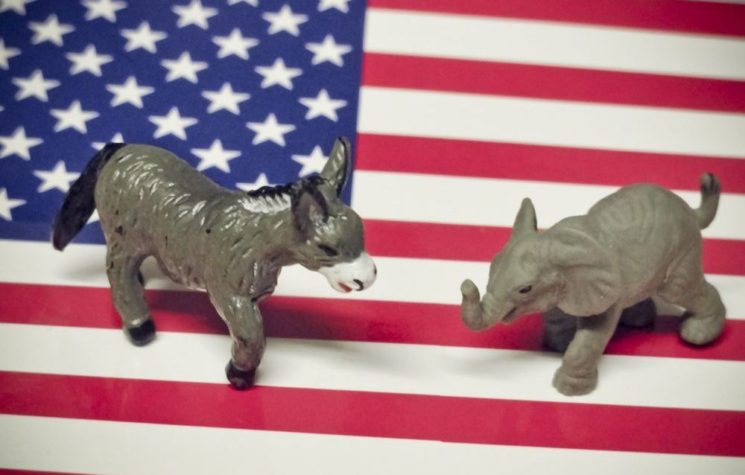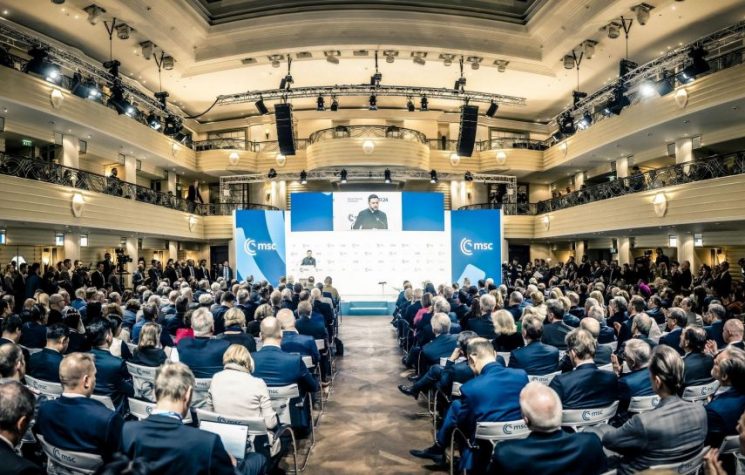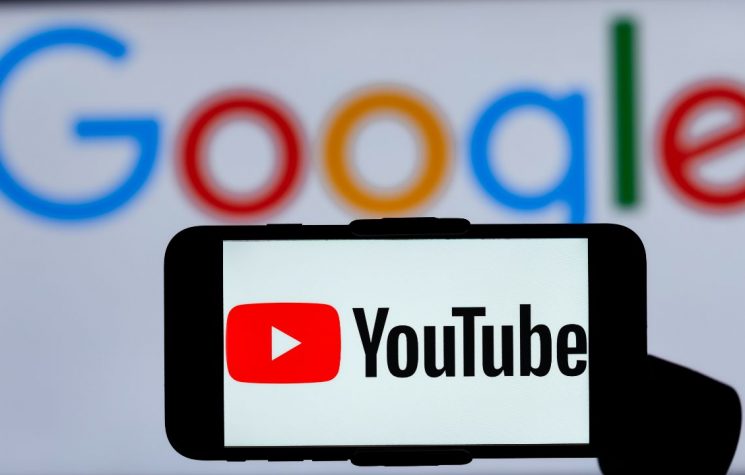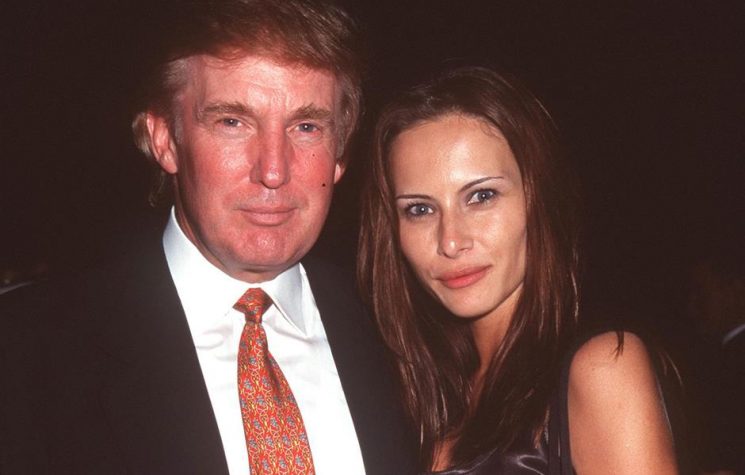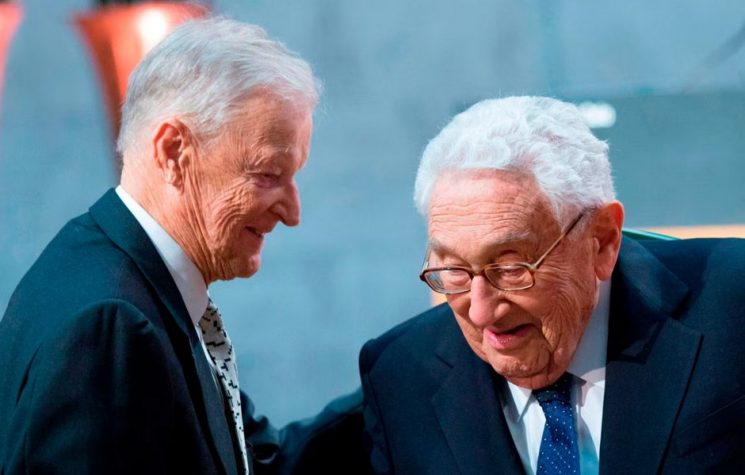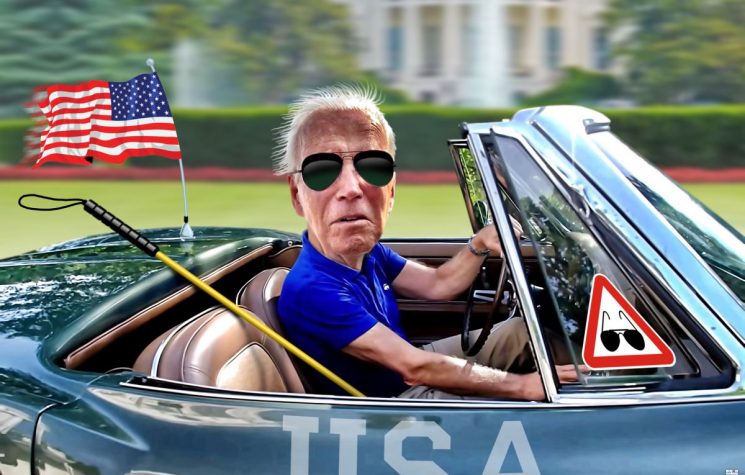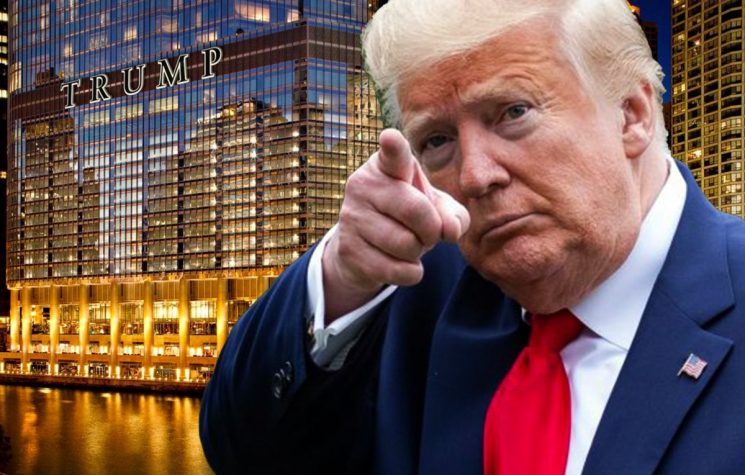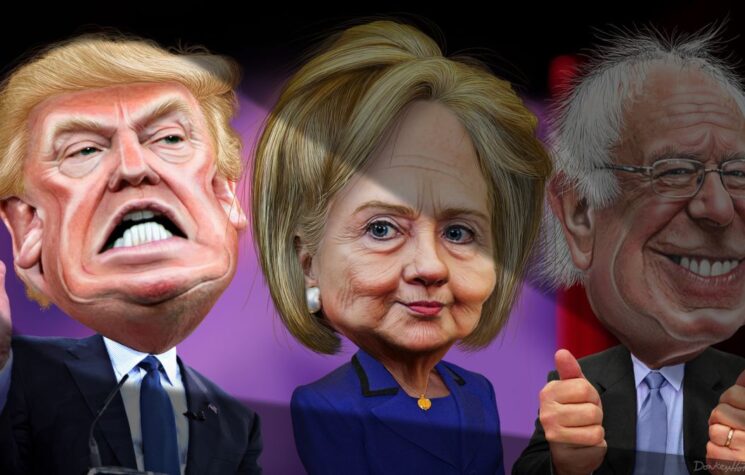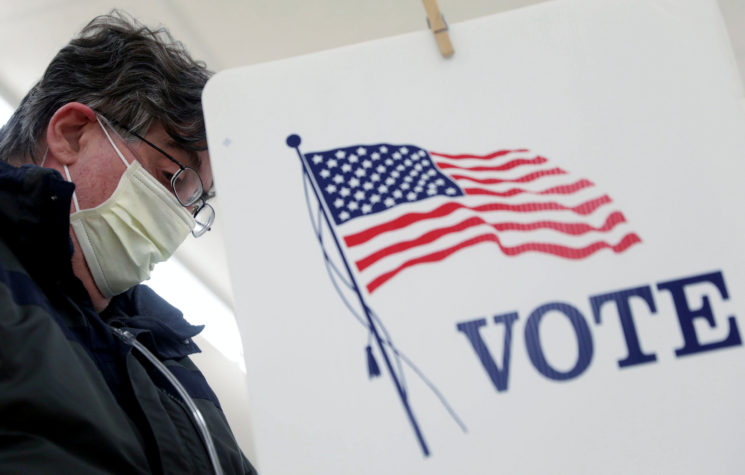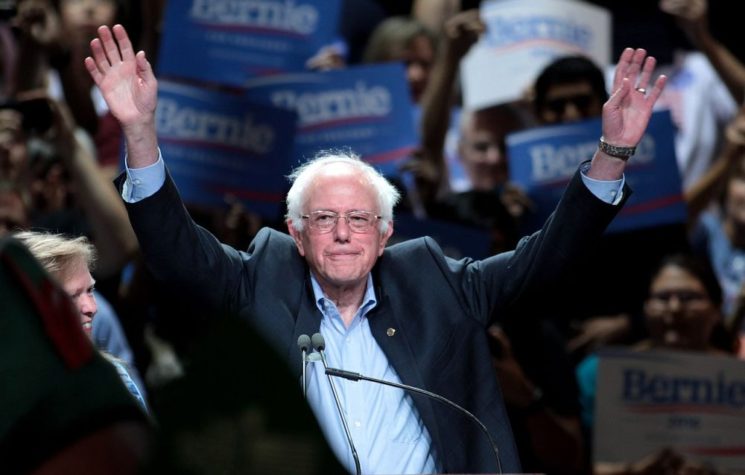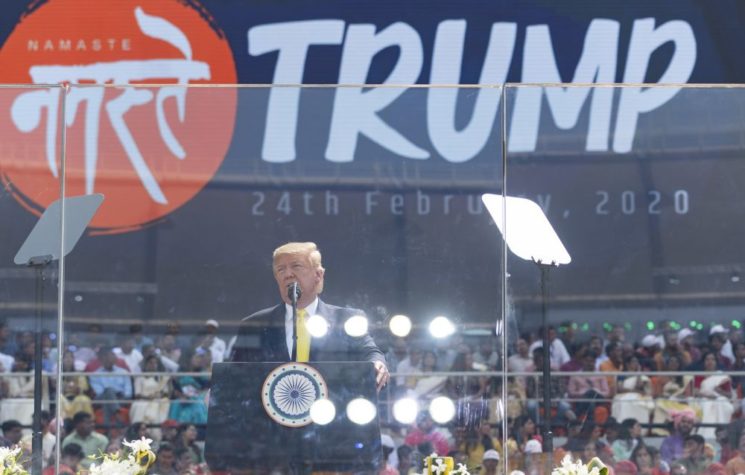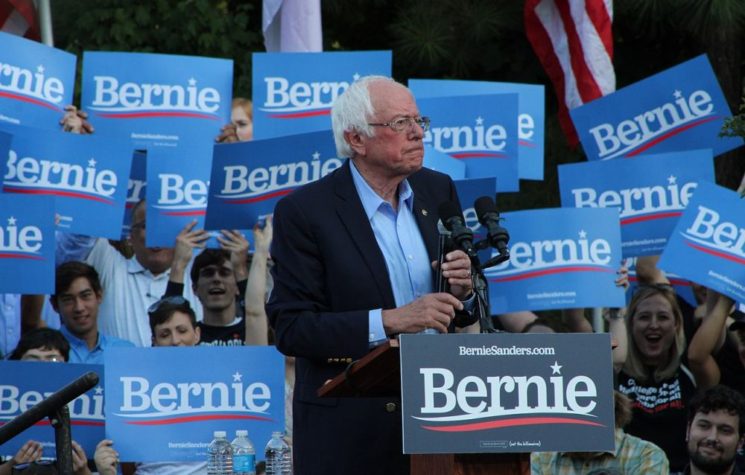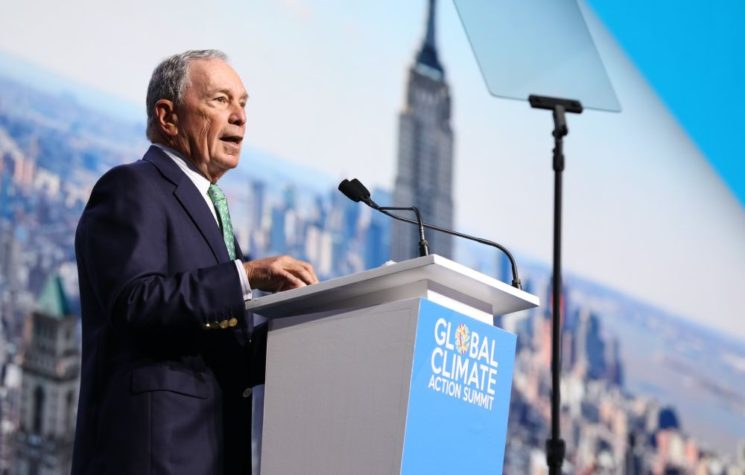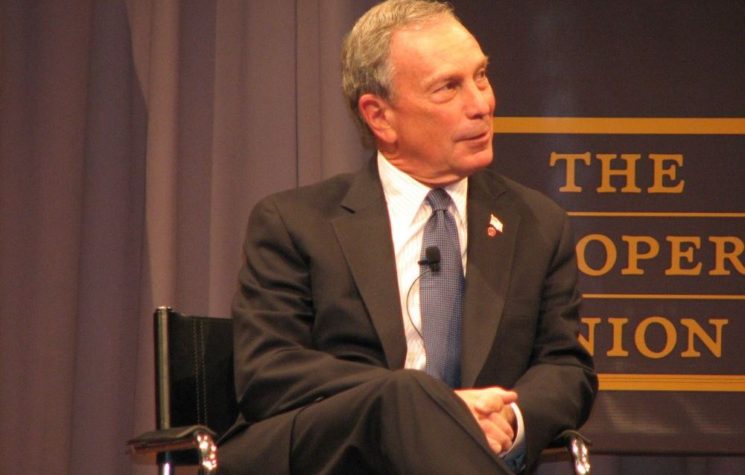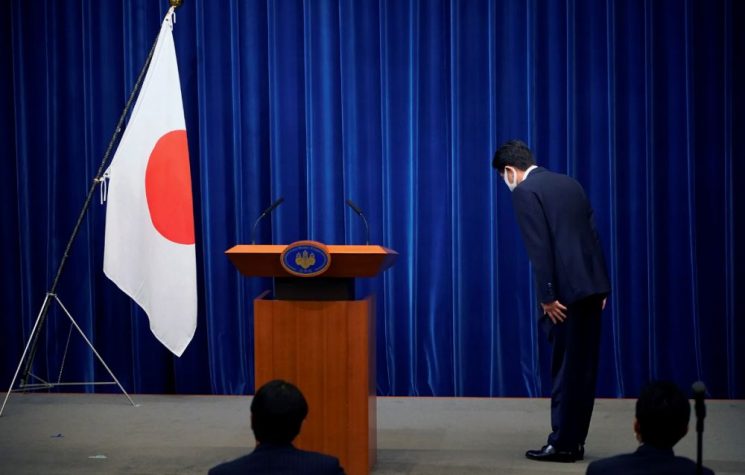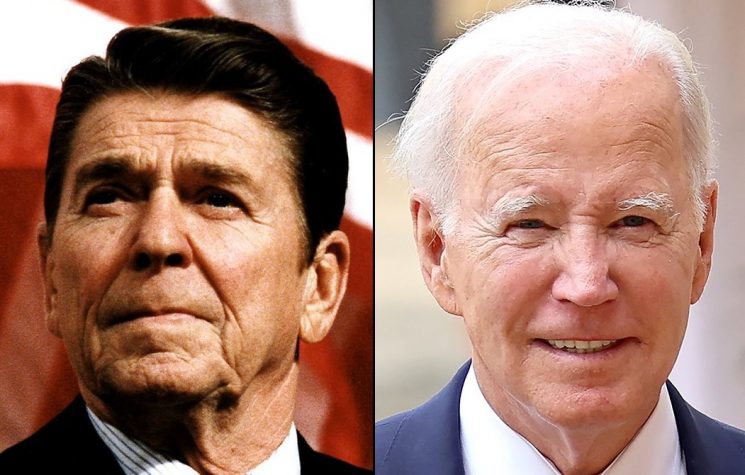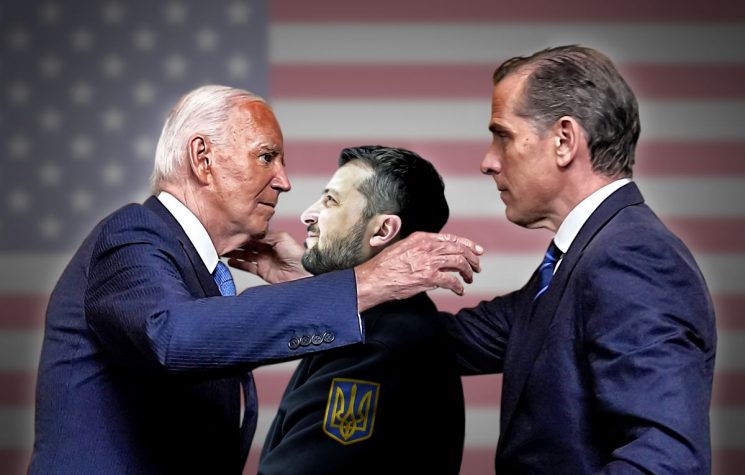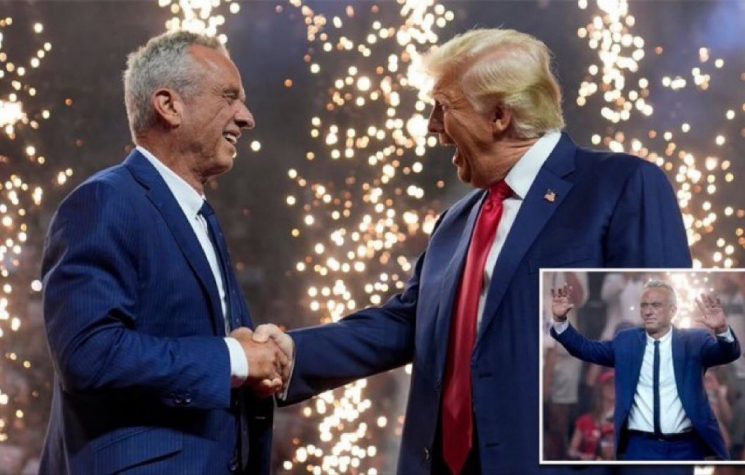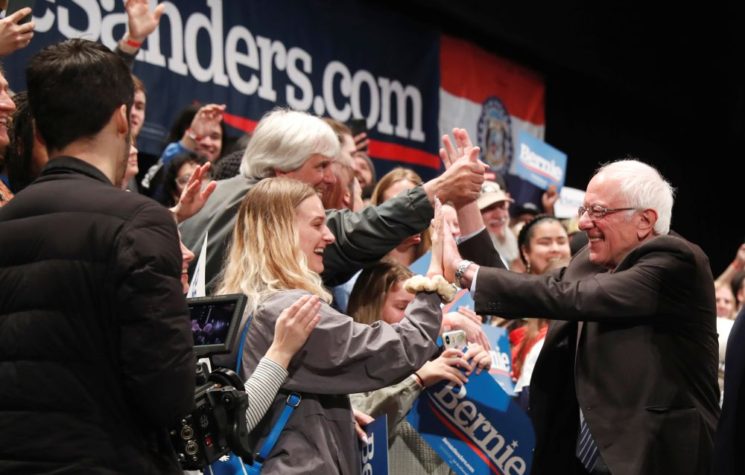Who would have thought than an open debate about the merits of capitalism versus socialism would predominate in the otherwise neoliberal Democrat Party? The February 19th Democrat primary debate in Las Vegas saw a candidate-wide consensus that Mike Bloomberg is an unwelcome intruder into the party’s politics. Bloomberg is known for being a weak debater, and his ride as mayor of New York was the fruitful product of his dealings with the more sociable former mayor, Giuliani.
Despite all that, or perhaps because of it – Bloomberg is reported to have spent an astonishing $400 million to buy for himself a double-digit polling figure.
While Buttigieg’s campaign has struggled to regain the momentum it snagged from declaring itself victor in Iowa, ‘Pete’ attempted to position himself as a ‘moderating voice’ between the ‘extremes’ of socialist Sanders and capitalist Bloomberg in the Nevada debate.
But who could gain the most from attacking Bloomberg’s attempt to buy his way in the party? Warren has been looking like a mostly spent candidate, and while Warren is often miscast as a ‘progressive’, she’s considered a safe-bet by establishment insiders – some of the same who are fond of Buttigieg. This has made it functionally difficult for Warren to distinguish herself from Buttigieg, and more to the point, has made it difficult to land attacks on him in the aftermath of the billionaires in the wine-cave assault. This dis went memetic, and has helped Warren to remain a distinct figure in the race, a race that without a Sanders, would have her looking like the ‘leftist’.
Warren appeared to open the front, but Sanders, Biden, and Buttigieg jumped in. Bloomberg appeared stunned and lost most of the time. What is difficult to explain at this stage is the apparent lack of planning and practice that Bloomberg had going into the debate. It’s questionable if he took the debate seriously at all.
It was Sanders who was able to show that everything wrong with Bloomberg was also wrong with Buttigieg. Both men were also shown to be incredibly smug, giving the public an archetypal shortcut that characterizes their establishment politics.
Beside Bloomberg’s actual record in office, in addition to the numerous complaints against him (which have resulted in NDA’s – non disclosure agreements), he is poor at speaking and comes off both empty and defensive.
Was this some sort of surprise? Assuredly not, and this is what confounds the subject in particular. It is unfathomable that Bloomberg could, at the very least, have a strategy which is premised upon winning the debates. In his successful bids in NYC, his successes were found in projecting an image of corporatist efficiency and an impersonal regime by the numbers which upheld the Giuliani status quo.
For Bloomberg, this is an extremely problematic position as the only way a Democrat can win is through the success of a charismatic crusade with deep and hard-earned grass-roots support for fundamental structural change. Democratic leadership at the DNC is also terrified of this proposition. Buying his way into the DNC itself, in a bid which at face value looks like a partnership with Clinton herself at the level of the personal, is far from the same thing as electability against Trump.
This underscores the fundamental contradiction in vulgar anti-Trump politics, one which exposes the hypocrisy and invirility of the DNC itself. The DNC leadership and most of the candidates (which it controls) have some picture of America where it’s the status quo but without Trump and better marketing. The international image of the U.S. as being significantly worse in Trump’s era is purely manufactured by the same Atlanticist consortia and their media networks – social, legacy, and otherwise – that wants to take Trump down.
This focus helps to underscore endemic problems in the U.S., but none which are unique to the Trump administration nor to Republican governance in general. Activist community and labor groups put forward long-held demands which are aired in legacy media for the first time in years, simply because they fit an election narrative scheme against Trump. Community and labor groups have a different vision of the Democrat Party, and their opposition to Trump is merely incidental to their opposition to what they view as a general problem with a capitalist oligarchy in power of a plutocratic system.
Meanwhile, all the energy at the base that’s required to be strong throughout the campaign is only sustained if the aims and vision of the campaign is continuously and consistently communicated loudly at every opportunity.
That explains why Biden and Buttigieg’s ‘restorationist’ campaigns are dead in the water.
We have written about this being a ‘change’ election for Democrats if they are going to have a chance at winning it. This may seem at odds with how the phrase is understood in terms of running against an establishment. Trump is not an establishment politician, even though whole sections of the establishment benefit from his policies. The energy at Trump’s base are anti-establishment energies, and Trump will have to run against the establishment again in order to energize his own base against the Democrat’s candidate, despite him being the incumbent. Here the entire ‘deep state’ theory will be oft utilized by Trump and his campaign in 2020.
That’s why such a Democrat candidate would be trounced by Trump unless they were able to convert and carry forward Trump’s own energy. There is a Democrat and even labor element within Trump’s base – a statistical fact based in the direction of votes in swing states won in 2016. A Democrat then must also run against the same establishment and attack Trump for not going far enough on the matters that are critical to Trump’s rustbelt base.
And yet despite Bloomberg buying his way into the race late in the game, and by directly paying the DNC to change the rules, he’ll be promoting a restorationist politic – moreover in the personage of a Mike Bloomberg. This is already a set up to fail against Trump, but underscores the mania on full display when he called on Klobuchar and Biden to bow out of the race so that the public debate could focus on Bloomberg versus Sanders.
While aiming to look strong like Trump in 2016, for Bloomberg it will backfire because he’s simply not as likable as Trump. He projects tremendous arrogance but strikes a chord here that Trump generally does not. In comparison, Bloomberg projects unlikable qualities unlike any other candidate, even tending to make Buttigieg appear better in comparison.
Does Bloomberg suffer from yes-man syndrome? That is a popular theory, that his private sphere organizational preferences are the predominating feature of his campaign team. If not receiving proper coaching and preparation for these debates because he refuses it, it could negate the hundreds of millions he’s already spent on advertising.
Bloomberg has done no real campaigning, but has purchased ads in such a saturated manner, that his name recognition is top-trending. Is this sufficient for a campaign? What happened to Bloomberg in Nevada is unlike anything seen in the recent history of these events. Typically, a candidate would be advised to come off as receptive to criticism and avoid certain body language and gestures. Moving forward, they would have an agenda of their own to focus on and drive attention back towards. Bloomberg is apparently immune to coaching on body language and public speaking.
Herein lies Bloomberg’s real problem – he has no agenda. With only the structure of a campaign, he has gone through the formal process of building a campaign staff without any particular loyalty to his missing message. An agenda isn’t something that’s optional, something ‘nice to have’ – it’s the foundation of any campaign which minimally has the inner circle on-board. But Bloomberg’s organizational practice is at odds with anything resembling a movement. What the New Yorker lacks is any sense of the moment.
Bloomberg was left for dead in the Nevada desert, with all candidates directing their supporters to notice. This alone won’t bode well for Bloomberg in the post-debate polls. What we can count on today is the Bloomberg campaign upping the ante and committing to another massive cash surge to the tune of hundreds of millions of dollars. At the end of the day, if it doesn’t serve some other plot within the DNC, the failure of Bloomberg’s campaign will have been meaningfully a public referendum on the practice of overtly purchased elections.








